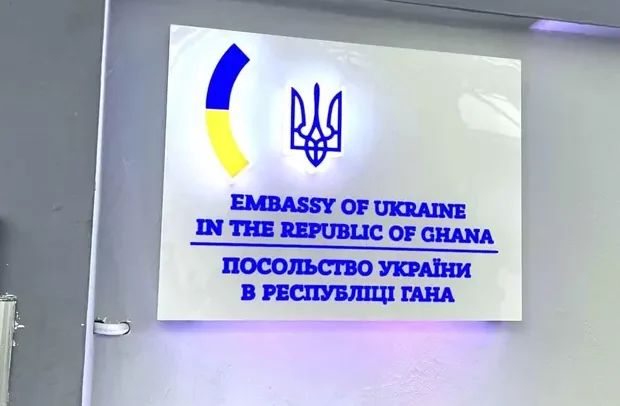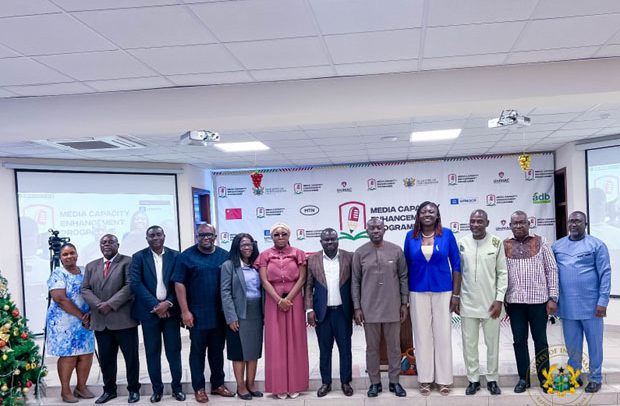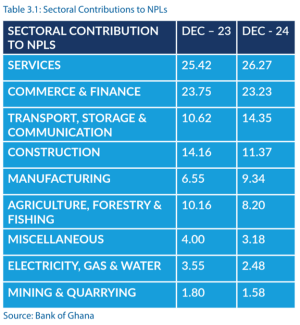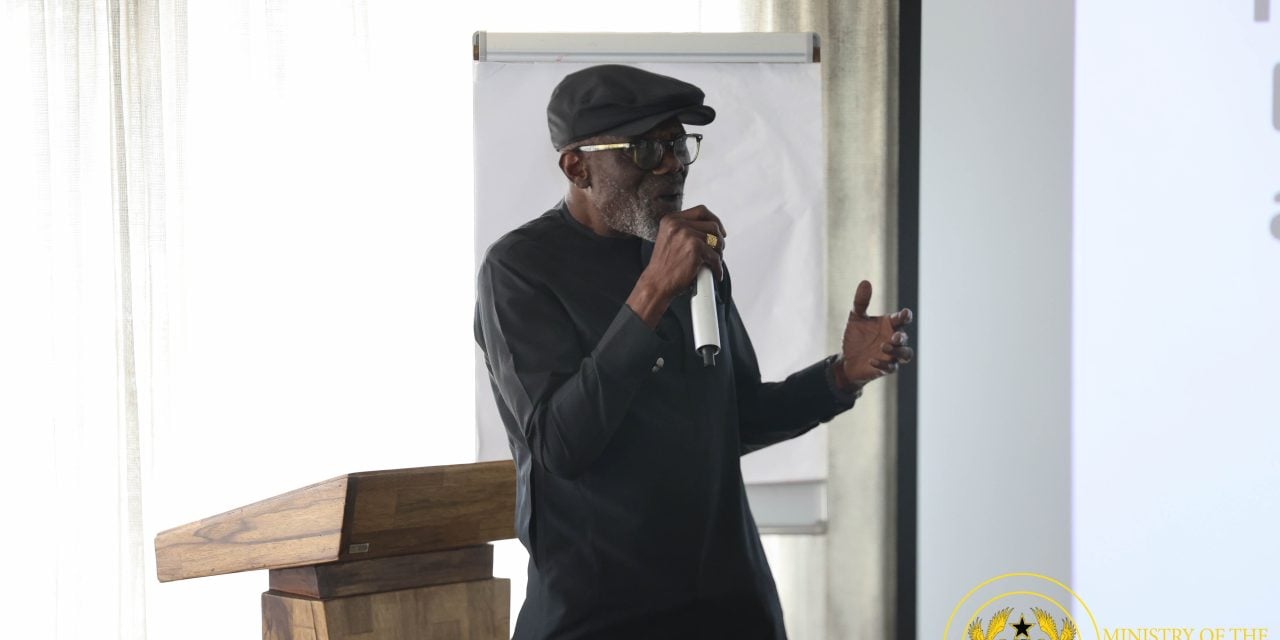
A Regional Course on Government Finance Statistics (GFS), which is intended to upscale the knowledge of participants on the conceptual framework of GFS, as presented in the International Monetary Fund's GFS Manual 2014 (GFSM 2014), has begun in Accra.
About 30 participants are attending the maiden edition of the one-week course which is being organized by the West Africa Institute for Finance and Economic Management (WAIFEM).
It is expected that the course will build the capacity of participants to be able to understand and explain the integrated GFS framework-- which includes basic concepts, definition, accounting principles-- and to classify basic government flows and stock positions according to the GFSM 2014.
The course is also designed to enable participants apply the general principles to classify an entity in the public sector, as well as in the relevant sub-sectors of the public sector, such as the general government and public corporations.
In a key note address delivered on his behalf, Dr Ernest Addison, Governor of the Bank of Ghana, noted that given the huge responsibility of designing fiscal and monetary policy, there was the need to monitor the activities of government to ensure that it efficiently managed the resources that had been entrusted to it.
Dr Addison said to be able to effectively discharge that duty of monitoring government's activities, GFS served as an effective tool as it helped policy makers, analysts, academicians and the general public to understand the financial operations, financial position and liquidity situation of the general government sector in an organized manner.
He stressed the need for government officials charged with the responsibility of either the compilation or analysis of public finance statistics to build their capacity from time to time on different aspects of the preparation and dissemination of government finance statistics.
He explained GFSM as an internationally-accepted accrual accounting framework for government finance statistics, fully integrated into the United Nations system of National Accounts framework, adding that its development was necessitated by the lack of standard reporting and organizational structure across governments.
In an address delivered on his behalf to welcome participants, Prof. Akpan Ekpo, Director-General, WAIFEM, expressed appreciation to the Bank of Ghana for the logistical support the Bank was offering WAIFEM for the organization of the course.
Prof. Ekpo disclosed that in accordance with its mandate, WAIFEM, since its inception, and at the end of April 2017, had successfully executed five hundred and ninety-one (591) courses, workshops and seminars which benefitted sixteen thousand, one hundred and twenty (16,120) participants from the West African sub-region and beyond.
In addition, he said, in line with technological advancements and new trends, WAIFEM had started e-learning programmes in Public Sector Debt Management and the French language.
He said an e-learning certificate French course was organized by WAIFEM in collaboration with the United Nations Institute for Training and Research (UNITAR), adding that the course in French language was intended to bridge the gap between Anglophone and Francophone countries while, at the same time, deepening the regional integration process.
Source: ISD (G.D. Zaney)
Read Full Story



















Facebook
Twitter
Pinterest
Instagram
Google+
YouTube
LinkedIn
RSS